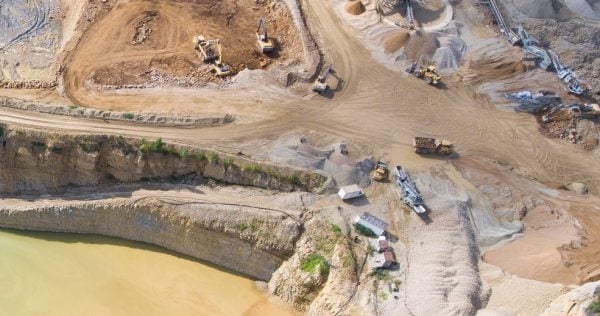Zim considering taking away mining rights

Zimbabwe is considering taking away mining rights from companies that are taking long to dig for minerals, Mines deputy minister, Polite Kambamura, said yesterday.
Speaking to mining executives and investors at a conference in Johannesburg, Kambamura said further details would be provided in due course.
The country is set to overhaul its mining legislative framework as the southern African nation tries to open up the sector to foreign investment and spur production to improve mineral earnings.
Mining generates more than half of Zimbabwe’s export receipts — last year it earned US$2,8 billion — but industry executives say it has the potential to earn more with increased investment.
President Emmerson Mnangagwa outlined government’s legislative agenda when he opened Parliament, indicating that the mining sector was a key component of the country’s economic recovery programme.
“The Gold Trade Bill and Precious Stones Trade Bill which seek to curb leakages of precious minerals will also be tabled before Parliament”.
The Mines and Minerals Amendment Bill was passed by both the lower and upper houses in the last Parliament, but was vetoed by Mnangagwa.
Among the progressive moves expected is the dropping of a clause requiring foreign mining firms to list on the Zimbabwe Stock Exchange.
The Act is also expected to take into account changes to the local ownership law which restricted foreign shareholding in mining houses to 49%.
The law has since been amended and now only applies to companies mining platinum and diamonds.
The gold industry is currently regulated through the Mines and Minerals Act, the Reserve Bank of Zimbabwe Act, the Finance Act, Criminal Law (Codification and Reform) Act, Exchange Control Act and the Environmental Management Act, the Minerals Marketing Corporation of Zimbabwe Act, the Income Tax Act and the Base Minerals Export Control Act.
There have been calls by players in the industry to harmonise the laws and recognise small-scale miners.
Small-scale miners contribute close to 50% of the country’s annual gold output.
Zimbabwe’s gold output has been on a steady increase since government decriminalised artisanal mining, but the law still has not been adjusted to recognise artisanal miners.
Output of gold, the biggest mineral by earnings, reached 32 tonnes in 2018 and is expected to rise this year.
Platinum production is also expected to rise above 15,5 tonnes this year.
The Precious Stones Act seeks to govern the mining and marketing of minerals which include turquoise, tanzanite, amber, amethyst and aquamarine.
Zimbabwe holds the second largest deposits of platinum and chrome after South Africa and has lately seen increased interest from lithium investors, who, however, say funding still remains a hurdle.
Foreign-investor interest in the southern African nation was renewed after the fall of longtime leader Robert Mugabe, following a de facto military coup in November 2017, but projects are still constrained by lack of funding.
According to the Chamber of Mines, Zimbabwe needs up to US$11 billion in fresh capital to modernize its mines and boost production to maximum capacity over the next five years._NewsDay


